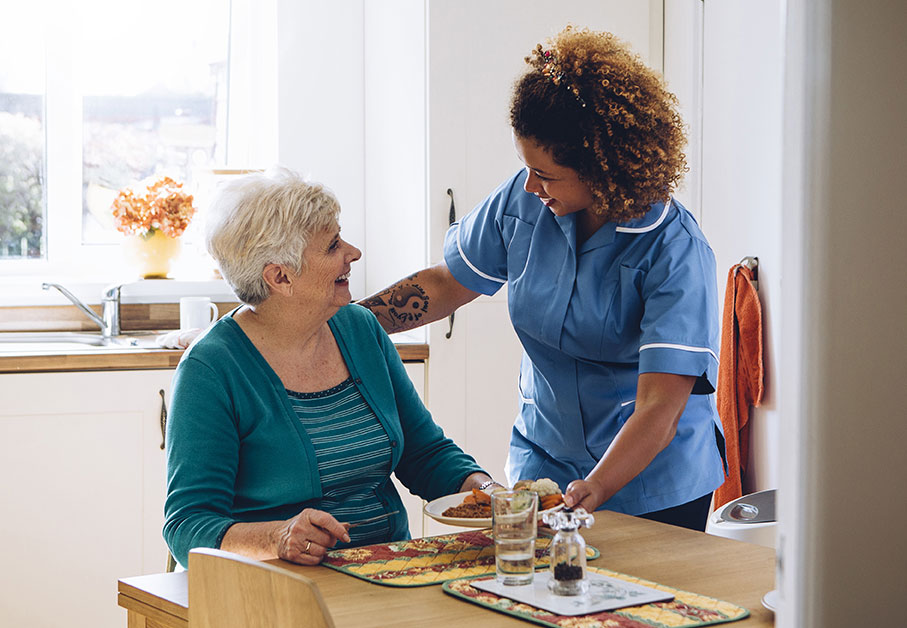Millions more people will benefit from quicker care at home thanks to the boosted rollout of healthcare teams in the community, as part of the NHS plan to recover urgent and emergency care services.
Almost a quarter of a million people (226,895) have received urgent medical support from home – many avoiding a hospital stay – since the teams were rolled out nationally in April – two years ahead of the NHS Long Term Plan target.
Thanks to the major new plan to help recover services and reduce waiting times for patients, these community services will be scaled up even further – including taking more referrals from ambulance services, 12 hours a day, seven days a week across England.
Around one fifth of emergency admissions can be avoided with the right care in place.
Community response teams will be called to less clinically urgent 999 calls within two hours and treat patients who have had falls, need urgent diabetes support, or are suffering from confusion.
The NHS is already exceeding the standard for these services with 70% of patients with urgent needs being seen within two hours since their launch.
Keeping people out of hospital and in their own homes, where they prefer to be, will play a key role in helping ease pressure on NHS services and is a key part of the urgent and emergency care recovery plan.
The two-year delivery blueprint aims to improve patient experience, as the health service continues to face record demand for services.
James Sanderson, NHS England director for community health services, said: “Urgent community response teams are an invaluable resource for the NHS – they are key in helping patients to receive the care they need, in the right place and at the right time.
“Thanks to the huge efforts of staff from different sectors working together across the country, more people than ever are getting the care they need and avoiding the need to go to hospital at all.
“This is both better for people who want to stay well in their own homes as well as the NHS, as we continue to tackle the pressures of Covid and recover our elective and urgent and emergency care services.”



